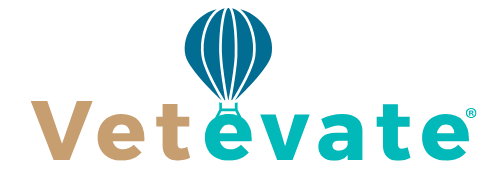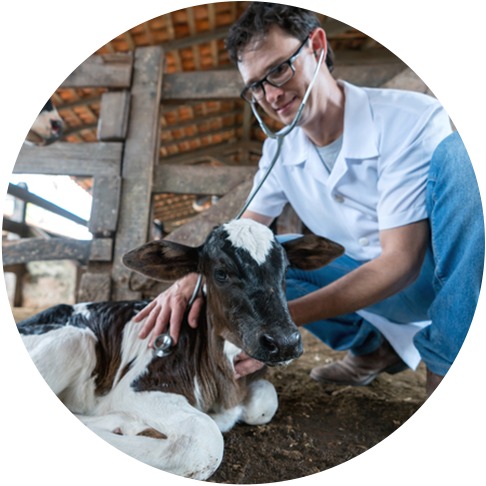Finding the right veterinary job in your area can be a daunting process, especially if you’re not sure where to begin. Whether you’re a recent graduate just starting your career or an experienced veterinarian looking for a change, using a veterinary job board can significantly streamline your job search. These platforms are designed specifically for animal health professionals and typically feature a wide range of openings, from small animal practices to specialty clinics, emergency hospitals, research institutions, and public health organizations. Unlike general job boards that may list only a few veterinary roles, veterinary-specific job boards aggregate targeted listings and offer features tailored to your industry.
Veterinary job boards are also valuable because they frequently include resources beyond simple listings. Many sites offer industry news, salary data, continuing education opportunities, and career guidance to help you make informed decisions. By focusing on a niche market, these boards ensure that the listings are relevant to your profession, reducing the time you spend sorting through unrelated jobs. For anyone looking to find local opportunities, this kind of platform becomes especially useful when paired with location-based search filters and alerts that can notify you when new jobs are posted nearby.
Getting Started with Location-Based Searches
One of the most powerful features of a veterinary job board is the ability to search for jobs by location. Most reputable job boards allow you to enter your city, zip code, or state and set a radius to determine how far you’re willing to commute or relocate. This makes it easy to view listings that are geographically relevant to you. Whether you’re looking to stay within your current city or you’re open to moving within a specific region, using these location filters can help you focus your efforts and avoid wasting time on jobs that are too far away.
To begin, select a veterinary job board that suits your career goals. Some well-known examples include the AVMA (American Veterinary Medical Association) Career Center, the Veterinary Information Network (VIN) job board, and VetMed Careers. Once you’ve chosen a platform, create an account and complete your profile. This typically includes entering your qualifications, interests, and geographic preferences. From there, you can start your job search by entering your location and applying filters such as job type (full-time, part-time, relief), area of specialization (small animal, large animal, exotics), and experience level.
Many job boards also allow you to save your search criteria and receive automated email alerts. This feature is particularly useful if you’re conducting a long-term job search or want to be among the first to apply when a new position becomes available. You can customize the alerts based on your preferred distance from your current location and adjust them as your preferences change. For job seekers who are flexible but still want to remain within a certain region, expanding the search radius gradually can uncover opportunities in nearby towns or suburbs that you may not have considered initially.
Optimizing Your Profile and Application Materials
Once you’ve identified potential job openings near you, it’s essential to make sure your application materials are polished and aligned with the expectations of local employers. Most veterinary job boards allow you to upload a resume, cover letter, and any relevant certifications or licenses. This centralizes your documents and makes it easier to apply quickly to multiple jobs. When preparing your resume, be sure to tailor it to emphasize skills and experience that are relevant to the type of practice you’re applying to. For example, if the job is in a small animal clinic, highlight your experience in companion animal medicine, client communication, and routine procedures such as spays, neuters, and vaccinations.
Your cover letter should be customized for each application and include a reference to the location of the job, especially if you live nearby. Employers often value local candidates because they may be more familiar with the community and less likely to require relocation support. Be sure to mention any ties you have to the area, such as having lived there previously, attended school nearby, or already residing within commuting distance. This can reassure the hiring manager that you’re genuinely committed to the position and are less likely to back out of the hiring process due to logistical concerns.
In addition, some job boards allow you to make your profile public so that employers in your area can find you even before you apply. Enabling this feature increases your visibility and could lead to unsolicited job offers or invitations to interview. Keep your profile updated with recent experience, new certifications, or any continuing education you’ve completed. Even if you aren’t actively applying every day, maintaining a strong profile ensures that you stay on the radar of potential employers, especially those who are conducting searches for candidates in a specific geographic area.
Following Up and Expanding Your Reach
After you’ve submitted applications through the job board, it’s a good idea to follow up with employers if you haven’t heard back within a reasonable time frame, usually one to two weeks. While the job board is an excellent tool for applying, direct communication can help you stand out. If contact information is provided, a brief and professional email to the hiring manager or practice owner can demonstrate your enthusiasm and initiative. Use this opportunity to reiterate your interest in the position, emphasize your local availability, and offer to provide any additional information they may need.
In addition to applying to jobs listed on the board, consider using the platform to network with others in your area. Many veterinary job boards host community forums or professional groups where users can ask questions, share advice, and post updates. Participating in these discussions can help you connect with local professionals who may know of unlisted job openings or who can refer you to colleagues with hiring needs. These networking efforts can be especially effective in smaller towns or rural areas where many positions are filled through word of mouth rather than formal postings.
If your job search is taking longer than expected, consider adjusting your criteria slightly to broaden your options. For example, you might explore relief work, part-time roles, or mobile practices that operate within your desired region. These types of positions can provide valuable experience and connections, potentially leading to full-time employment down the line. Some job boards even allow you to create multiple profiles or save multiple search configurations, so you can easily toggle between different sets of criteria depending on your current goals.




